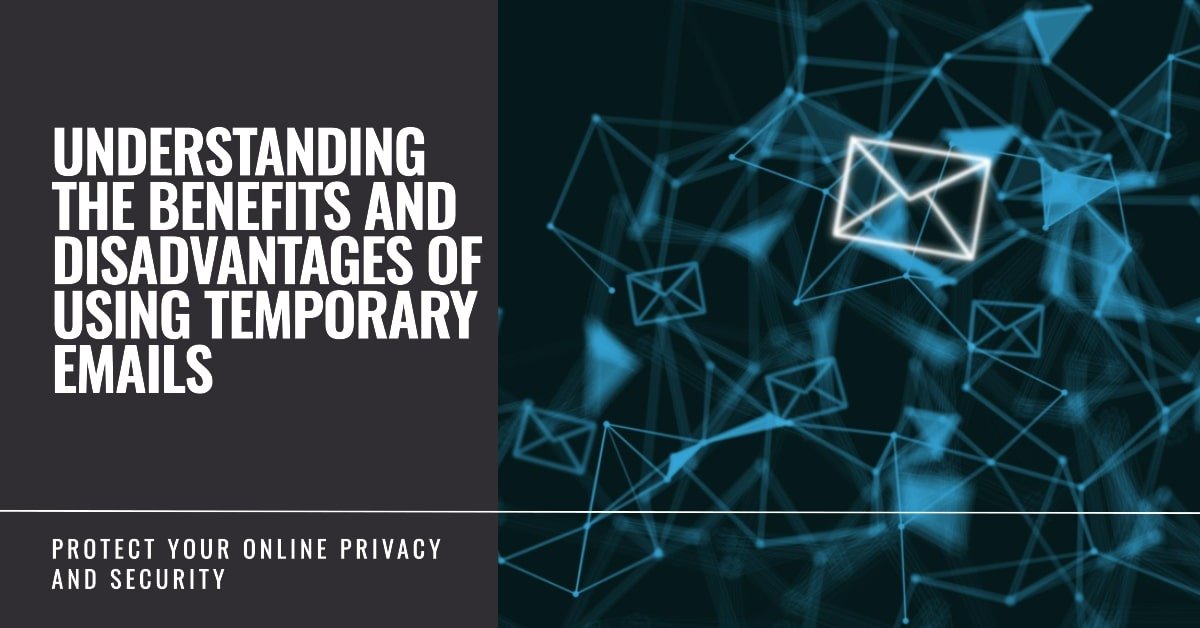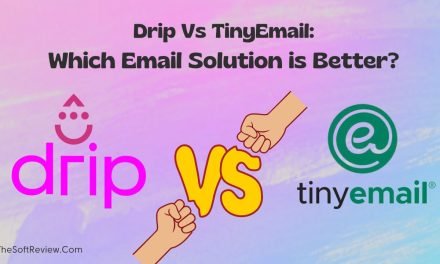
Are Temporary Emails Safe in 2024? Disclosing the Cold Truth

In the era of the Internet, the usage of email has become an essential part of our day-to-day communication. It serves as a means of correspondence, registration, and authentication across various platforms.
However, with the rise of privacy concerns and spam, a concept known as “temporary emails” has gained popularity. But the question remains:
Are temporary emails safe? In this blog post, we will inspect the advantages and disadvantages of using temporary emails to help you understand whether you should use temporary emails or not. Also will mention how it can effect on your email marketing strategy.
Key Analysis: Are Temporary Emails Safe in 2024?
Well the answer is still yes! Temporary emails offer privacy against spam and phishing but have limitations. They’re useful for non-sensitive interactions, while crucial accounts should use secure, permanent email addresses. Balance benefits and risks for informed digital security choices.
Understanding Temporary Emails: Are Temporary Emails Safe To Use?

A temporary email is an email address that is only valid for a short period of time, typically a few hours or days. They are usually utilized to avoid giving out personal email addresses to potentially untrustworthy websites or services, reducing the risk of spam, phishing attacks, and unwanted marketing communications.
In other words, a temporary email is a disposable email address that you can use to protect your privacy and avoid spam.
So, in one sentence, the answer is yes, you can use temporary emails for your needs safely. However, before you use a temporary email, you must ensure that you know the pros and cons of it. And you also know the best practices for using a temporary email. Let’s dig in.
The Pros of Temporary Emails:
A. Privacy Protection:
One of the primary reasons people opt for temporary emails is to safeguard their personal information. You can keep your email address hidden from potentially malicious actors using a disposable email.
B. Spam Avoidance:
Temporary emails are excellent for minimizing the risk of spam. Since these addresses are used for short-term purposes, you won’t have to deal with unwanted marketing emails cluttering your primary inbox.
C. Phishing Prevention:
Using a temporary email can effectively minimize the risk of phishing attacks. Phishers often send out malicious emails to trick recipients into divulging personal information. Using a temporary address ensures your sensitive data remains safe even if the email is compromised.
D. Convenience:
Temporary emails are quick and easy to create. There’s no need to go through a lengthy registration process, and you can generate a new address whenever you need one.
E. Testing and Verification:
Temporary emails are helpful for testing and verifying online services, applications, or sign-up processes before using your primary email address.
The Cons of Temporary Emails:
A. Limited Usability:
While temporary emails are great for short-term purposes, they are unsuitable for long-term communication. If you need ongoing correspondence with someone or service, you must provide a more permanent email address.
B. Authentication Issues:
Some platforms might not accept temporary email addresses for account registration or verification purposes. This could limit your access to certain services.
C. Lost Access:
If you use a temporary email for a necessary account and lose access to it, recovering it could become challenging. Temporary emails are designed to be disposable, so there’s no way to reset the password or recover access.
D. Security Concerns:
While temporary emails are generally safe, there’s still a chance that the service providing the temporary address could be compromised or used for malicious purposes. It’s crucial to choose reputable temporary email providers.
E. Misuse:
Some users might misuse temporary emails for nefarious purposes, such as creating multiple fake accounts for spamming or trolling.
Despite the cons, if you want to use a temporary email, the following guide will help unveil its actual benefits.
How to Use Temporary Emails Safely
It is essential to use temporary emails safely and responsibly. Here are a few tips:
- Only use temporary emails for activities where you do not need to protect your privacy or security. This includes signing up for free trials, testing new websites, and receiving promotional emails.
- Do not use temporary emails for activities where you need to protect your personal information, such as signing up for bank accounts, social media accounts, or online shopping sites.
- Do not send personal information, such as your credit card or social security number, to temporary email addresses. If you need to share personal information, use a secure email service like Gmail, Outlook, ProtonMail, or Tutanota.
- Be careful about clicking on links in emails from temporary email addresses. These links may contain malware or take you to malicious websites. If unsure whether a link is safe, hover over it to see the destination URL before clicking.
- Choose a reputable temporary email service. Many temporary email services are available, but not all are created equal. Choose a service that has a good reputation for security and privacy.
Here are some of the best temporary email services that you can use:
Top Five Best Temporary Email Services
- Temp Mail: Temp Mail is a famous temporary email service that offers a variety of features, including custom email addresses, multiple mailboxes, and long expiration times.
- Guerrilla Mail: Guerrilla Mail is another popular temporary email service that is easy to use and offers a good level of security.
- 10-Minute Mail: 10-Minute Mail is a simple temporary email service only valid for 10 minutes. This is a good option for activities where you need a temporary email address for a short period.
- EmailOnDeck: EmailOnDeck is a paid temporary email service that offers a number of features that are not available on free services, such as custom domains and unlimited mailboxes.
- ThrowAwayMail: ThrowAwayMail is another free temporary email service that is easy to use and offers a good level of security.
Final Words
Using temporary emails can be a worthwhile approach to enrich your online privacy and mitigate the risks associated with spam and phishing. However, they also entail limitations and potential risks that must be weighed carefully.
For transitory, non-sensitive interactions, temporary emails can be a valuable asset in your online arsenal. On the other hand, for significant accounts and prolonged correspondence, resorting to a secure, permanent email address is recommended.
As with any online tool, understanding the advantages and drawbacks is paramount to making informed choices that align with your digital security and communication needs.





















